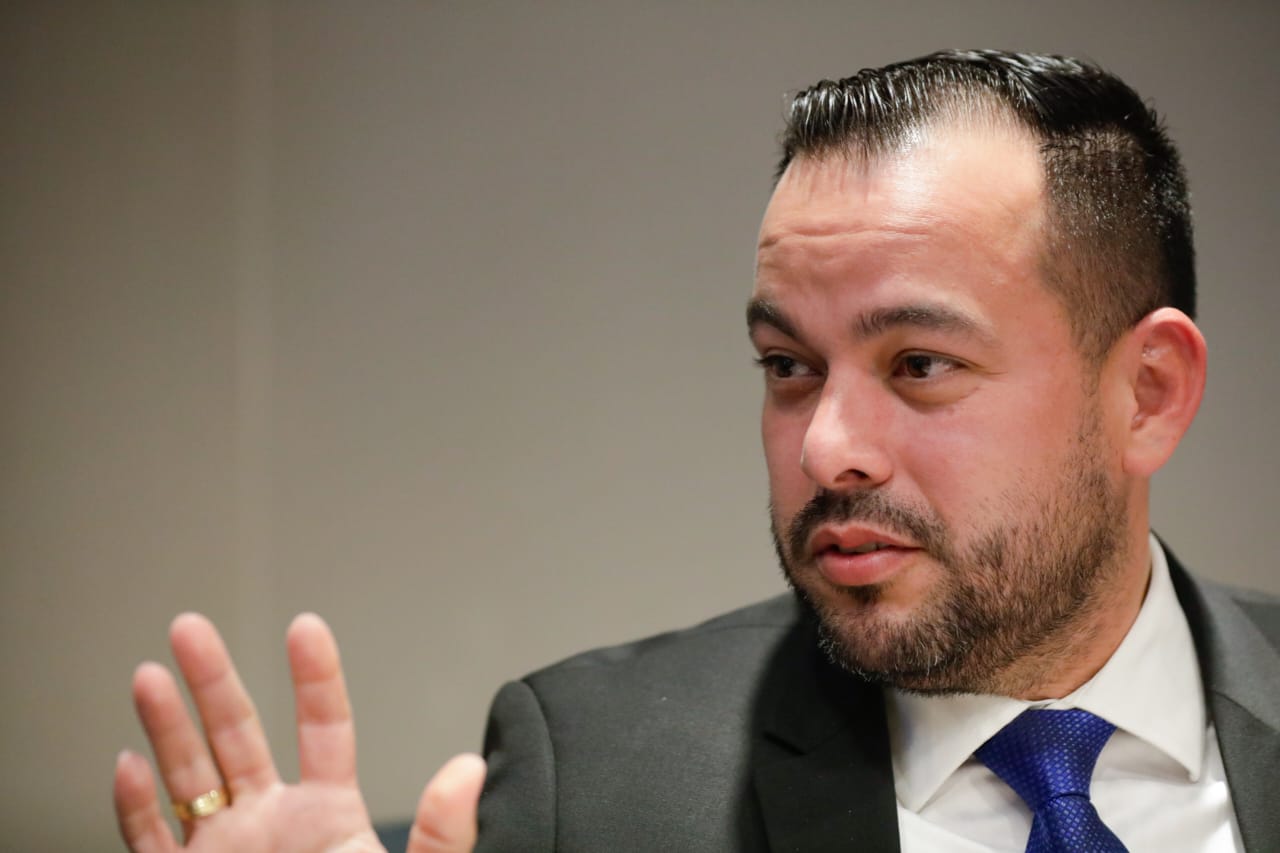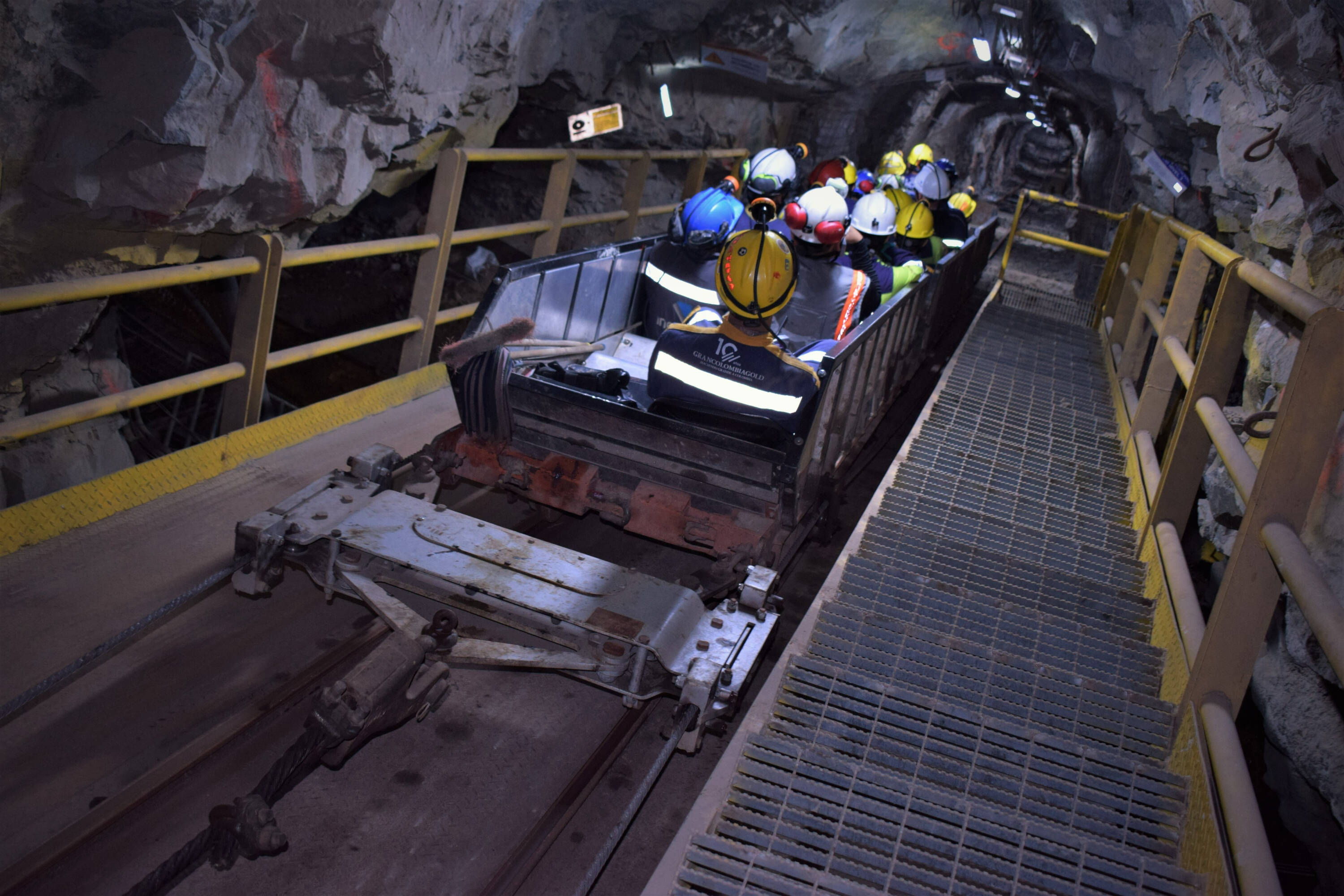These are the points of the agreement that ended the strike and the four-day blockades carried out by the miners of Boyacá.

After four days of protests and roadblocks on various roads in Boyacá, which resulted in millions of dollars in losses for transporters, farmers, and the dairy sector, among others, the government, local authorities, and miners from the department reached an agreement on Thursday night, which ended the strike.
The National Government's recognition of the dignity of all those who earn a living from coal mining was crucial in getting the miners to abandon their blockades and protests in various parts of the department.
One of the points of the agreement relates to the implementation of a fair energy transition, in response to which the government pledged to act with greater clarity and precision in the transition process.
" We agreed on a future roadmap for the development of the Just Energy Transition in the department of Boyacá, with the commitment of the Minister of Mines and Energy, Edwin Palma, to begin the concerted design of the Roadmap for this transition in the department, which clearly includes small-scale coal mining and is built with the participation of the people of Boyacá," indicated the agreement's negotiating committee.
In addition to the roadmap for a fair energy transition that takes into account small-scale coal mining, clear guidelines were also established for the capitalization of Gensa.
" We will advance regional productive reconversion plans to prepare coal mining companies, workers, communities, and local authorities. This plan will be based on Boyacá's immense potential in strategic minerals, agribusiness, and tourism, as well as clean energy," said Edwin Palma, Minister of Mines and Energy.

Minister of Mines and Energy, Edwin Palma. Photo: Sergio Acero / EL TIEMPO
As part of the agreements, the government formalized the recognition of 15 small-scale miners in Boyacá and paved the way for streamlining formalization processes, unblocking procedures, and ensuring this sector's participation in the energy transition roadmap.
These agreements allow small-scale miners in the department of Boyacá to continue developing their activities under concession contracts with differential requirements. This action represents a significant step toward formalizing the sector, under technical, environmental, and mining safety standards, according to the National Mining Agency (ANM).

Mines Photo: Twitter @ArisMining / GoldMining
They indicated that this process began on September 19, 2024, when the ANM signed 22 Mining Concession Contracts, benefiting small metallurgical coal miners in the municipalities of Sativanorte, Samacá, Jericó, Socha, Sativasur and Ráquira, with the support of Acerías Paz del Río SAS
Metallurgical coal is part of a group of 17 strategic minerals, key to the country's reindustrialization strategy, infrastructure development, energy transition, and food security.
According to the agency, "the signing of the mining concession contracts resolved long-standing land ownership disputes and provided new opportunities for miners who had worked informally for years. These actions have a positive impact on 1,000 people directly and 5,000 people indirectly, including workers and surrounding communities."
In addition to boosting the local economy, the process consolidates Boyacá as a national benchmark for responsible and inclusive mining, demonstrating that institutional coordination and social dialogue are effective tools for moving toward a mining model that puts people and the territory at the center.
eltiempo





